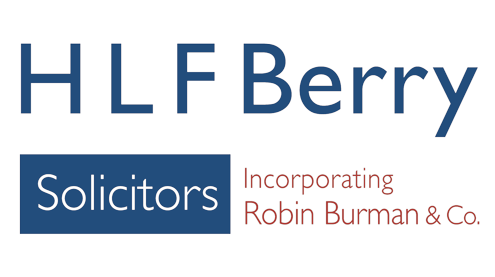A Guide To Selling Your Business Lease
Business owners look for a way out for numerous reasons, be they personal or financial, and the most common way out is to sell the entire business. But what is the best way to proceed when there is a Property Lease as part of the business?
Regardless of whether the business is run from a property leased on a 3, 5 or 10 year or longer term, if the business is sold then the business lease must also be transferred as part of the sale. Otherwise, the buyer ends up owning the business but the seller remains legally bound-to and liable-for the lease.
Do You Need Landlord’s Consent When Selling Your Business Lease?
There are certain steps you should take when selling your business lease, including checking the conditions of the lease itself. Often, landlord’s consent is needed and there can be legal implications if the sale goes ahead without the landlord’s consent.
Landlord’s Consent
A landlord is legally required to consider a request for consent to the transfer of a lease, often called a lease assignment, and normally cannot refuse consent unless he or she can prove that it is reasonable to do so.
As part of the consideration process, the landlord can impose conditions in writing – if these conditions are met then the landlord is obliged to grant consent within a reasonable time.
It’s important to check your lease terms for how to make a request to your landlord for consent – normally this has to be done in writing in order to be legally valid.
What Is A Reasonable Time For Landlord’s Consent?
If you have correctly communicated your request for landlord’s consent and provided all the relevant information, then your landlord should reply within 14 days.
Two weeks is considered a reasonable time for landlord’s consent – and if a landlord fails to fulfil his or her legal duty to consider the consent within a reasonable time in theory, the tenant is legally entitled to continue with a sale or lease assignment without landlord’s consent, although in practice a Buyer may not be happy to proceed without it.
Your solicitor can assist you with the timings of landlord’s consent and the sale, negotiating with the buyer to ensure they are fully aware of the process, to manage expectations.
What Happens If The Sale Goes Ahead Without Landlord’s Consent?
You are legally allowed to go ahead with your business sale without landlord’s consent if your landlord has failed in his or her legal duty to reply within a reasonable time.
However, if you go ahead without landlord’s consent because you didn’t obtain consent or you requested it in a way that isn’t stipulated in your lease terms, then you could be liable for the lease even after selling the business.
If the buyer stops paying rent, the landlord can pursue you as the previous tenant for the rent arrears if you fail to gain landlord’s consent correctly. This can be costly and you could potentially face a legal battle with your landlord as a result.
Guarantees
Another problem is that modern commercial leases will normally provide for existing Tenants to give an “Authorised Guarantee Agreement” guaranteeing to the Landlord that the Buyer will pay the rent, carry out repairs and observe all the Tenant’s obligations in the Lease. This guarantee will apply until the Buyer sells on, or (if earlier) the Lease comes to an end. For this reason your solicitor should discuss with you whether the Buyer has sufficient money and experience for you to take the risk.
Selling Your Business The Right Way
Our commercial property solicitors can help with every aspect of selling a business, including the legal implications of selling a business with a lease. We will provide the right legal advice, tailored for your circumstances and desired outcome, to ensure you make the decisions that are best for you, today and in the future.
By using a solicitor, you will receive expert legal guidance and support throughout the sale process to make the experience more straightforward and less stressful as well as ultimately more cost-efficient in the long-term.






